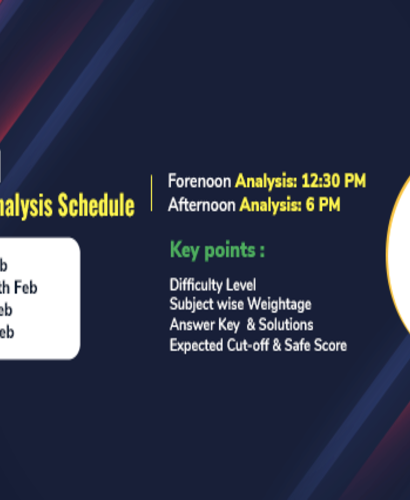The leadership framework is being redefined owing to digital disruption and an explosion of technology. To add on to these disrupting changes, we are living in the age of ‘Black-swan’. Every organization is vulnerable to unpredictable events or events that are not in the realm of their control. The experienced world we have and the world we anticipate to live in the future will be entirely different marked by black-swan events. A ‘white-swan’ steady-state will be a rarity.
[Note: COVID-19 pandemic challenge is not a black swan, because though it has a major effect on the lifestyle and works culture, it is predictable and probable].
Talent leaders are posed with these challenges while actuating their organizational future. Though there is a short supply of talents, there exists an underlying fear that Artificial Intelligence (AI) implementation will lead to the loss of jobs that we are doing now at some point in the future.
Challenges faced by talent leaders: An overview
Talent leaders cannot focus on organizational excellence alone, a strategy that was live till yesterday, and now, it is bygone to never reappear again.
At this phase, business leaders expect their talent leaders to –
- Comprehend vulnerabilities
- Understand the impact
- Plan and manage crisis
- Live the experience of the team members
Let’s get into each of these in detail here.
Comprehend vulnerabilities
Understanding vulnerability is a leadership capability in times of crisis/challenges or no crisis/challenges. The leaders need to possess deep insights while recognizing and analyzing the event(s). We see shreds of evidence all around us every time, anytime but our untrained mind fails to connect the dots.
Leaders cannot say ‘had if I had known’, ‘had if I had a serious thought on it’, and so on. This thought will singularly disqualify them to continue their positions.
Understand the impact
It is necessary to understand the impact of any crisis or revolution occurring in the industry. AI revolution is ongoing and as the industry prepares for it, you cannot say, our organization might not well-influenced by it, at least in the coming five years or so because it is a non-tech organization. Trending technologies will set behind your organization in a year or two, when not aligned to it.
Likewise, the traumatic possibilities of ‘coronavirus’ might hit or may not hit the organization at any time. It would be difficult to manage the situation unless and until you are aware of its impact. Similarly, the wildfires in Australia or the downward spiral of crude oil prices have their own tell-tale stories on jobs and workforce.
Plan and manage crisis
Mission-driven planning is necessary to strengthen the core positions of the organization. Plans at ground levels should be made which could get realized if and when traumatic situations arise to hit the business.
The best key to manage the crisis is to leverage the existing plan with relevant modifications. A new solution may create chaos among the resources and drain their potential. Slow changes are adept to witness success. It is crucial to continue to focus on operational excellence while guarding against adversities.
Create reassurance to team members
Being a talented leader, it is necessary to move on to the frontline to provide directions and resolutions. Traumas hit the team members at physical, emotional, and psychological levels. It is the leaders’ responsibility to reassure the team and enable them to return to a productive life.
Challenges faced by talent leaders: Solutions
Apart from daily challenges like employee experience, talent acquisition, talent management, coping with new technology trends, the aforementioned are prevailing challenges talent leaders face today.
What can the talent leaders do to meet these challenges?
It’s simple, one has to reskill themselves through talent management programs.
Future-proofing the career by upskilling continuously leads to learning new things, performing new tasks, and becoming better at jobs. Talent leaders need to think of reskilling, adapt to a new environment, and prompt employees to learn new skills. Ensuring organizational capability through the people is the biggest challenge and solution as well.
Talent management training courses and certifications enable the leaders to future-proof their organization, respond rapidly and positively to black-swan challenges, focus on workplace culture, and prepare the workforce of the future. It gives the necessary courage, new path, new network, skills, knowledge, and mindset to rethink strategies while dealing with circumstances. It adds real value to the job.













